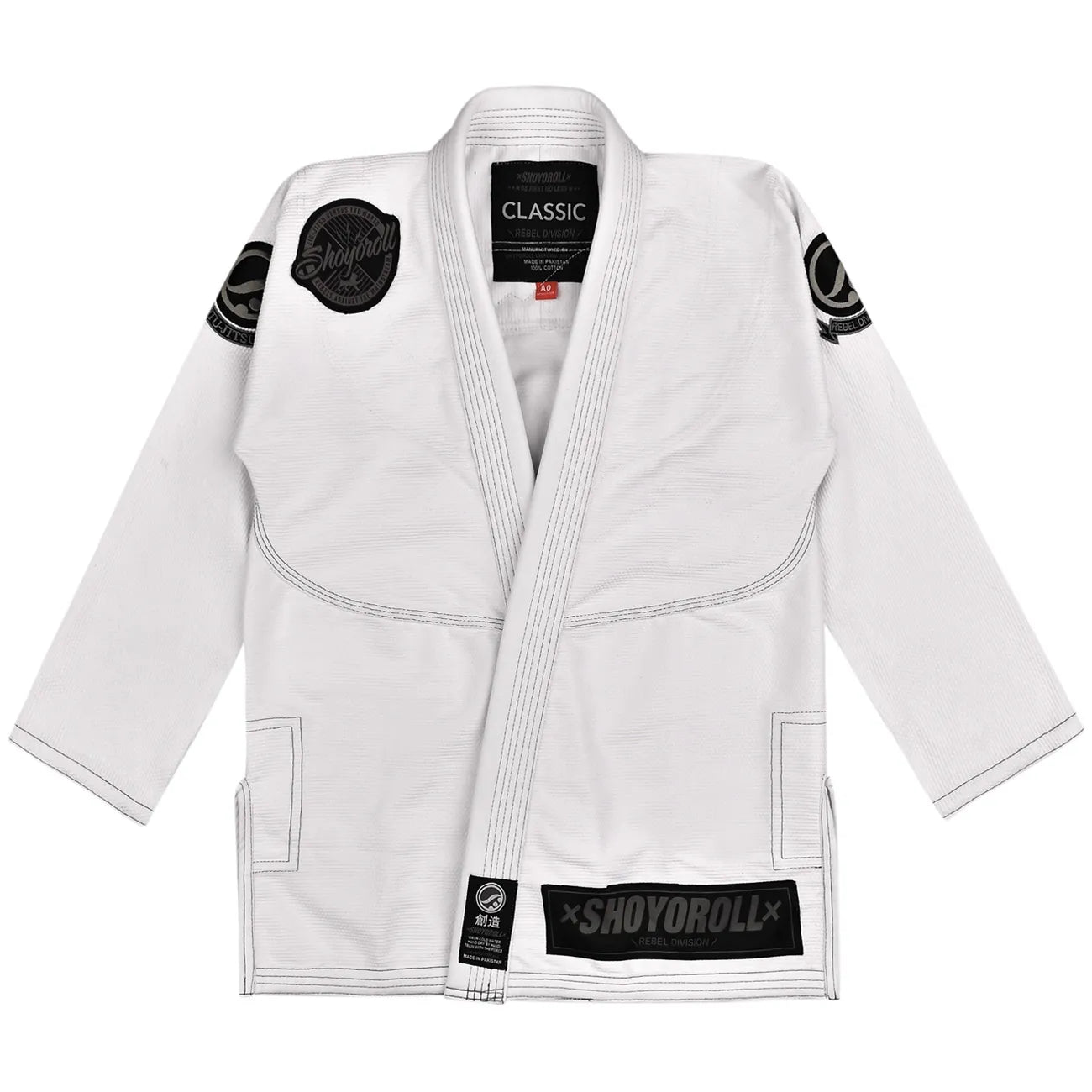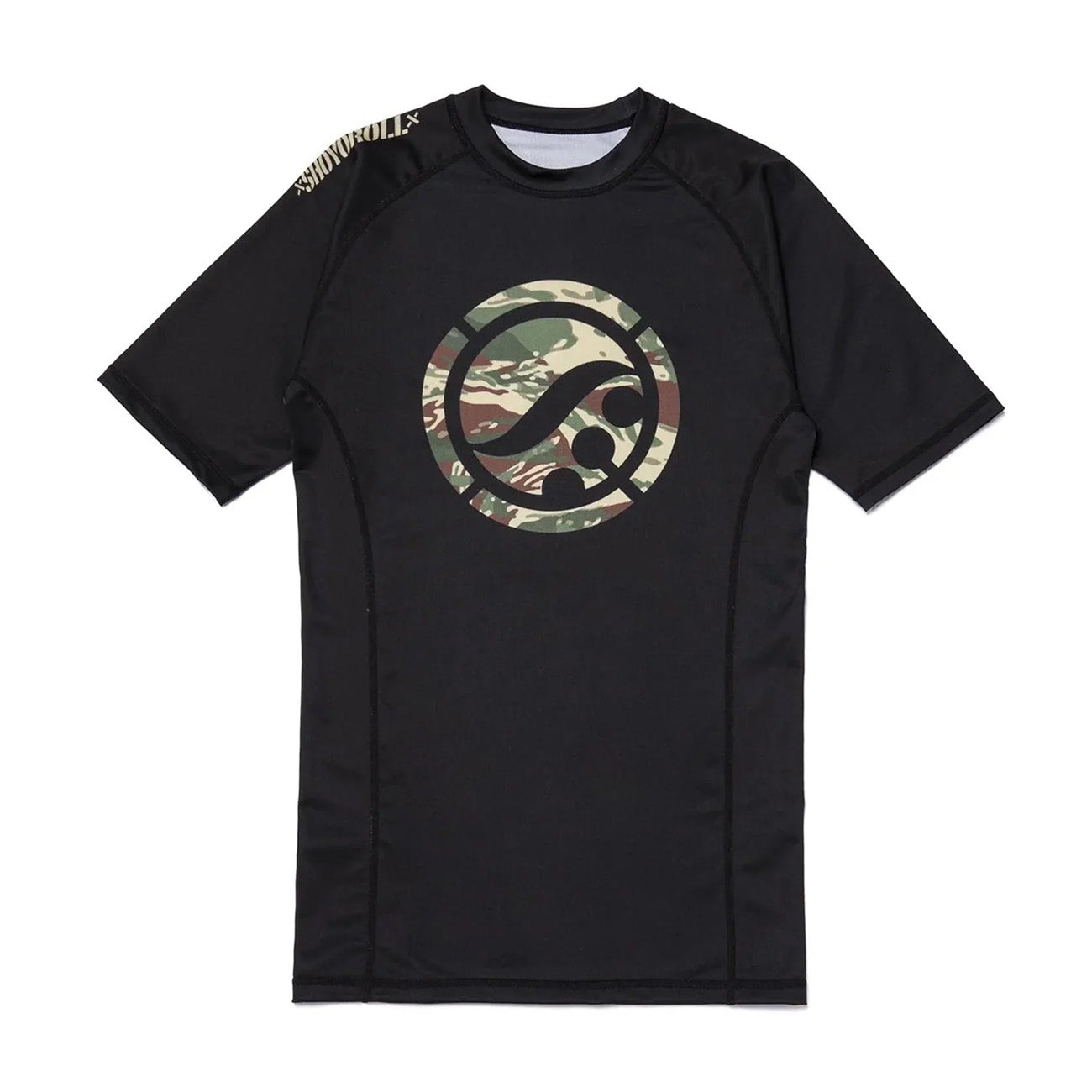Advice From BJJ Experts : Top Advice For Beginners
Table of Contents
Brazilian Jiu-Jitsu (BJJ) is a journey that requires dedication, patience, and continuous learning. To help you navigate this path, we’ve gathered insights from BJJ experts to guide beginners and seasoned practitioners alike. Whether you’re just starting or looking to refine your skills, these expert tips will enhance your training experience and overall performance.
Advice From BJJ Experts- What experts say!
1. Focus on the Fundamentals - John Danaher| ”If you don’t have good fundamentals, you don’t have a strong game." - John Danaher. BJJ is built on fundamental movements and techniques. Many black belts emphasize that mastering the basics—such as posture, hip movement, and positioning—will set the foundation for success. Without solid fundamentals, advanced techniques will not be as effective. Beginners should dedicate time to drilling core techniques rather than chasing flashy moves. | 
|
"Jiu-Jitsu is like climbing a mountain. You take one step at a time, and before you know it, you’re at the top." - Marcelo Garcia. Progress in BJJ is often slow, and that’s normal. Experts advise practitioners to enjoy the journey rather than focusing solely on belt promotions. The key is to remain consistent and embrace the learning process, trusting that improvement comes with time and effort.
3. Train With Different Partners - Roger Gracie"Every training partner gives you something different. Learning from them makes you better." - Roger Gracie. Rolling with partners of different skill levels and body types will expose you to various styles and techniques. Training with higher belts will challenge you, while sparring with lower belts allows you to refine your techniques. A well-rounded game is developed by training with a variety of partners.
Shoyoroll Feature Products

🔥 SAVE UPTO 50%
✅ 30 Days Return & Refund
🚚 Free Worldwide Shipping

🔥 SAVE UPTO 50%
✅ 30 Days Return & Refund
🚚 Free Worldwide Shipping

🔥 SAVE UPTO 50%
✅ 30 Days Return & Refund
🚚 Free Worldwide Shipping
"If you can defend everything, you can attack without fear." - Bernardo Faria. One of the core principles of BJJ is survival. Experts emphasize learning how to defend against submissions and escape bad positions before focusing on attacks. Developing a strong defensive foundation ensures that you stay calm under pressure and seize opportunities when they arise.
5. Keep an Open Mind and Stay Humble - Rickson Gracie"The moment you think you know it all is the moment you stop learning." - Rickson Gracie. Even high-level black belts continue to learn. Staying open-minded and receptive to feedback is crucial for improvement. Avoid being overly competitive in training, and don’t be afraid to tap out. Humility and a willingness to learn will accelerate your progress.
6. Improve Your Conditioning and Flexibility - Andre Galvao |
"Your body is your weapon in Jiu-Jitsu, keep it sharp." - Andre Galvao. While technique is the most important aspect of BJJ, physical conditioning and flexibility can enhance your performance. Strength training, mobility exercises, and endurance work can prevent injuries and improve overall effectiveness on the mats. |
"Write down what you learn so you never forget it." - Eddie Bravo. Keeping a training journal helps solidify what you learn. After each session, write down techniques, key takeaways, and areas for improvement. Reviewing your notes and watching instructional videos can reinforce your understanding and accelerate your growth.
8. Don’t Neglect Rest and Recovery - Firas Zahabi"Train hard, but rest smart." - Firas Zahabi. Training too hard without proper recovery can lead to burnout and injuries. Experts recommend balancing intense training with adequate rest, proper nutrition, and mobility exercises to ensure longevity in the sport. Smart training involves listening to your body and avoiding unnecessary injuries.
9. Learn From a Variety of Sources - Gordon Ryan"The more perspectives you have, the better your game becomes." - Gordon Ryan. While having a great instructor is essential, many experts encourage students to supplement their learning through seminars, online tutorials, and different perspectives. Exposure to various styles and techniques can help practitioners develop a more versatile approach to BJJ.
10. Have Fun and Enjoy the Process - Jean Jacques Machado"If you’re not having fun, you’re doing it wrong." - Jean Jacques Machado. BJJ is as much about enjoyment as it is about self-improvement. Experts stress the importance of having fun on the mats, building friendships, and embracing the challenges that come with training. When training is enjoyable, consistency and progress naturally follow.
11. Mental Toughness and Mindset in BJJ - Saulo Ribeiro| "The toughest opponent you will ever face is yourself." - Saulo Ribeiro. Mental resilience plays a crucial role in BJJ. Learning how to stay calm under pressure, manage frustration, and maintain focus during training and competition is essential. Developing a growth mindset will help you push through challenges and improve consistently. | 
|
12. The Importance of Drilling and Repetition -Xande Ribeiro
"Repetition creates muscle memory. Mastery comes from drilling, not just rolling." - Xande Ribeiro. Drilling is the key to solidifying techniques and ensuring fluid execution during live training. Experts emphasize the value of consistent and purposeful repetitions to build reflexive responses in high-pressure situations.
13. How to Develop a Game Plan - Rafael Mendes"Have a plan for every match, but be adaptable." - Rafael Mendes. Developing a structured game plan based on your strengths and preferred techniques helps in competition and training. Understanding your strengths and weaknesses allows you to refine your approach and become more effective in sparring.
14. Understanding BJJ Strategy and Tactics- Keenan Cornelius"Jiu-Jitsu is like chess; every move should have a purpose." - Keenan Cornelius. BJJ isn’t just about physical skill—it’s a game of strategy. Experts suggest that practitioners analyze matches, study opponents, and think several steps ahead in order to maximize effectiveness.
15. The Role of Competition in Growth - Felipe Pena"Competition is the ultimate test of your skills and mindset." - Felipe Pena. Whether you compete or not, preparing as if you were competing helps refine your game. Many experts advocate for participating in tournaments to push limits, gain experience, and expose weaknesses to improve upon.
Read More: Jiu Jitsu Belt System Everything You Need to Know
Essential BJJ Gear – Get the Best at Buy BJJ
| Having the right gear is essential for both comfort and performance in Brazilian Jiu-Jitsu. Whether you're training in Gi or No-Gi, quality equipment enhances your experience and durability on the mats. A well-fitted BJJ gi ensures ease of movement and resilience, while rash guards and grappling shorts provide flexibility and protection during No-Gi training. | 
|
For the best BJJ gear, Buy BJJ offers top-quality equipment, including the highly sought-after Shoyoroll BJJ gis and No-Gi collections. Right now, you can get premium gear at an exclusive 50% discount! Whether you're looking for competition-ready attire or everyday training essentials, Buy BJJ has everything you need to train at your best.
Final Thoughts: Advice From BJJ Experts
Brazilian Jiu-Jitsu is a lifelong journey of learning, discipline, and perseverance. Progress may be slow, but the key is to remain consistent and embrace the challenges along the way. The advice from BJJ experts underscores the importance of fundamentals, patience, humility, and intelligent training.
Growth in BJJ is about incremental progress, where small improvements in technique, timing, and understanding make a big difference over time. Training is not just physical but also mental, as resilience, problem-solving skills, and staying calm under pressure are just as crucial as learning techniques.
Enjoying the process is fundamental to long-term success. BJJ is about more than just earning belts or winning competitions; it builds confidence, friendships, and a strong sense of discipline. By following expert guidance, avoiding common mistakes, and training in a supportive environment, you can cultivate a deep appreciation for the art of BJJ. Stay dedicated, keep evolving, and enjoy every moment on the mats.
Best Selling Product

🔥 SAVE UPTO 50% - Limited Time Offer
✅ 30 Days Return & Refund Policy
🚚 Free Worldwide Shipping
FAQs About Starting BJJ
Starting BJJ can be exciting but also overwhelming. This FAQ covers common questions beginners have, including what to wear, how to prepare for the first class, basic etiquette, training frequency, and progression through belts. Whether you're new to martial arts or transitioning from another sport, these answers will help you start your BJJ journey with confidence.
What should I wear to my first BJJ class?
Wear a gi if it’s a gi class, but if you don’t have one, a rash guard and athletic shorts without pockets will work. No-Gi classes typically require a rash guard and shorts. Some academies provide loaner gis for beginners, so check in advance.
How often should beginners train?
Starting with 2-3 sessions per week is ideal. This allows you to learn new techniques while giving your body time to recover. As you improve, you can increase your training frequency based on your goals.
On average, it takes 1.5 to 2 years, depending on consistency, effort, and academy requirements. Progress is based on skill development rather than time alone.
Do I need to be fit before starting BJJ?No, BJJ is suitable for all fitness levels. Training regularly will naturally improve your strength, endurance, and flexibility over time.
Is BJJ good for self-defense?Yes, BJJ teaches practical self-defense techniques, especially for controlling opponents and escaping dangerous situations. Many law enforcement and military professionals train in BJJ for its effectiveness.
Will I get injured in BJJ?While injuries can happen in any sport, training smart and tapping early when caught in submissions significantly reduces the risk. Choosing a safe academy with responsible training partners also helps.
Should I compete in BJJ?Competition is optional but can help accelerate your progress. It tests your skills under pressure and provides valuable experience. If you enjoy challenges, competing can be a great learning opportunity.
What’s the difference between Gi and No-Gi BJJ?Gi BJJ involves gripping the opponent’s clothing, leading to a slower, more strategic pace. No-Gi relies on body control and speed, focusing on wrestling-style grips. Both styles complement each other.








